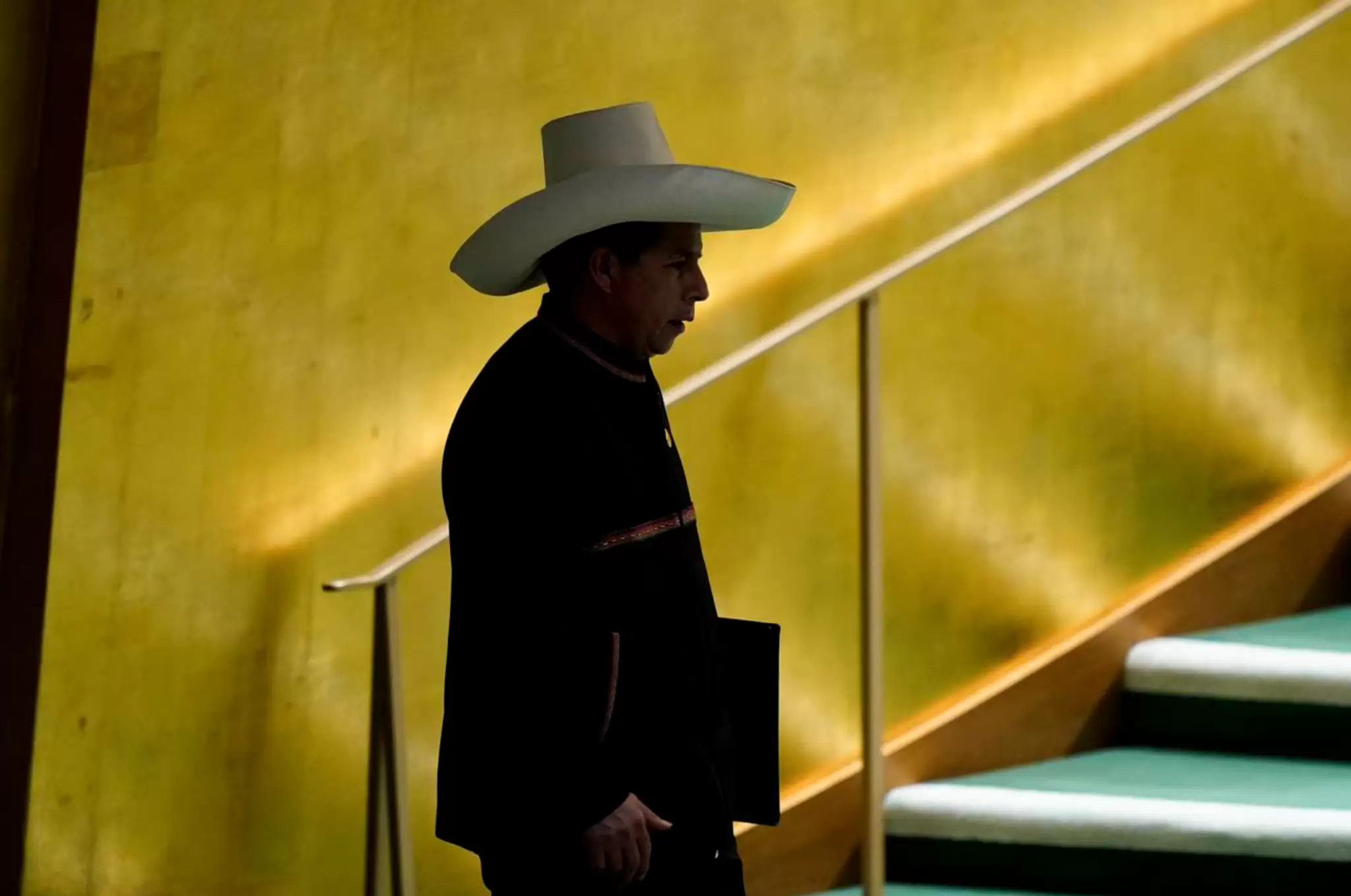In the Latin American scenario, the healthy rules of the political game can be twisted, fortunately, not too much, especially in deeply divided countries, as is the case today in most Latin American countries. This is a lesson that many insist on ignoring, from the Río Grande to Tierra del Fuego. And the latest (dramatic) events in Peru are a reminder of it. Possibly, the third vacancy attempt promoted in the Peruvian Congress by the opposition parties would not have obtained enough votes to remove President Pedro Castillo from office. But faced with the possibility that his former allies would play a dirty trick on him, the president opted to force the rules of the game and dissolve the Congress a few hours before the vote on the vacancy motion. A flight forward that only helped him to discover how isolated he was. Everyone, from the military leadership to the deputies of his own party, Peru Libre, rejected the presidential maneuver. Today Castillo remains abandoned and alone in the same prison where former president Alberto Fujimori is also being held.
When the press and observers try to explain how this situation might have come about, they emphasize Castillo’s inability to govern the country. And it is true that his erratic management of public affairs is a fundamental factor in explaining this crisis. The account of this year and a half of his presidency shows a spectacular accumulation of sudden shifts and ruptures. In this brief period, he has formed five governments, sometimes with radical representatives, and others with moderates and even conservatives. The last major rupture was with the strategist of his project, Vladimir Cerrón, the man who formed the Peru Libre Party and led Castillo to the presidency.
Undoubtedly, this inability to steer the country’s orientation is a powerful reason for the current situation. However, it is not the only one and perhaps not the most profound. I believe that the fundamental cause refers to the ignorance of the elected president in June 2021 of the true political composition of the country. It is shocking that the media today tends to forget that Castillo won the second round with 46.8% of the votes against 46.6% of his opponent, Keiko Fujimori, from Fuerza Popular. In other words, when Castillo arrived at the Government Palace in Lima, he found a radically divided country. This presented him with a considerable dilemma: should he carry forward the leftist program for which he had been elected or, in view of the country’s division, should he moderate it in order to attempt some sort of reunification of the country?
Basically, this is the same dilemma faced by the new progressive governments in Brazil, Colombia, Chile, and Argentina. That is why I continue to maintain that Latin America is not experiencing a new progressive wave as it did at the beginning of this century. The example of Luiz Inácio Lula da Silva is paradigmatic. His first government was the result of a shift of the electorate toward progressive positions, he won the elections with more than 60% of the votes. Today, however, he barely surpassed half of the electorate. Petro, Boric, Fernandez, and Lula already know that they will have to govern a deeply divided country, politically and culturally. What is not so clear is whether they are fully aware of the consequences that this means in practice.
The drama that Peru is going through today should be a warning to navigators, a lesson learned that should not be ignored. Everything indicates that trying to promote a leftist program in a deeply divided country presents enormous risks, which may lead to the search for erratic paths, as has happened in an exaggerated way to Castillo.
The task ahead for progressive governments in the region is complicated. Far from pushing leftist programs, they must strike a balance between a moderate implementation of those programs. Broad agreements with opposition forces to avoid polarization that would lead to the ungovernability of their countries. The abyss that Peru is now facing should be a powerful warning to many surrounding governments.
*Translated from Spanish by Janaína Ruviaro da Silva
Autor
Enrique Gomáriz Moraga has been researcher at FLACSO in Chile and other countries in the region. He was a consultant for international agencies (UNDP, IDRC, IDB). He studied Political Sociology at the Univ. of Leeds (England) wit R. Miliband.











